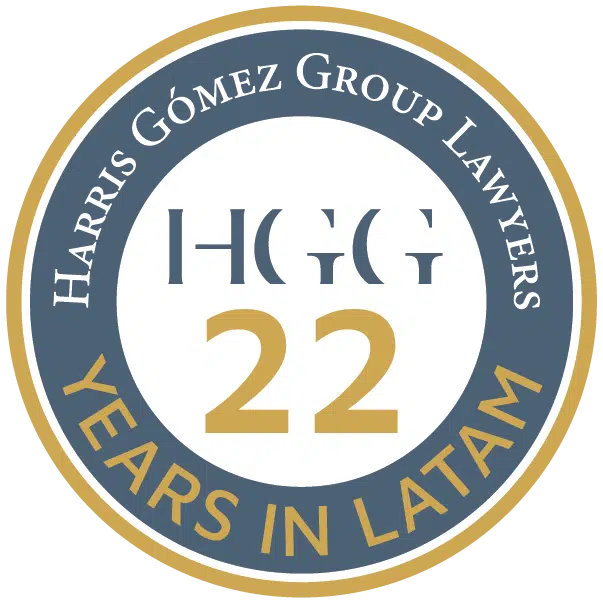Written by Ian Cardenas, Paralegal
A Shareholders’ Agreement is a written corporate act that regulates the interactions between shareholders of a company. It seeks to deal with how decisions will be made internally, how the Board of Directors will be appointed, how dividends will be distributed, and what will happen when there is a disagreement or when someone wishes to leave the company and dispose thir share participation.
This kind of agreement governs all key aspects of the relationship between a company’s shareholders and directly permeates a company’s management and business strategy.
In the absence of a Shareholders’ Agreement, the rights and obligations of a company are regulated by the company’s articles of incorporation and subsidiary general legislation. As such, shareholders choose to enter into a Shareholders’ Agreements for several reasons, along which we kind:
- Contain their rights and obligations in a single document;
- Be certain of what their rights and obligations really are;
- Regulate dividend distribution;
- Formalize business and management strategy and policies;
- Establish alternative quorums for internal decision-making; and
- Record the agreements that are relevant to their specific circumstances.
This agreement will normally contain a list of the different types of decisions, specifying (for each) what type of approval is required. Examples of the types of decisions that are normally contemplated include borrowing money or entering into contracts above a certain value; the purchase of a new company or the sale of a substantial part of the existing company; the issue of new shares; and termination of employment of senior management.
The drafting of a good agreement must consider the position of each individual shareholder and the nature of the relationships between them. For this reason, there is no one-size-fits-all approach. The content of your shareholders’ agreement should depend entirely on the specific circumstances of your company, the relationship you have with your partners, and your business expectations.
In view of the above, there are some important aspects that investors should consider for protection before engaging in a shareholders’ agreement.
-
Protection against dilution
Make sure you understand the company’s plans for issuing shares in the future and have them set out in the shareholders’ agreement. Try to introduce limits or restrictions on the company’s ability to issue shares without shareholder approval.
A general ban on issuing shares is difficult to negotiate. You could negotiate to be included in various matters such as a right to participate in future fundraising rounds before shares are offered to others.
-
The right to appoint a director
You will not have the right to be a director unless you specifically negotiate it.
Being able to successfully negotiate such a right will typically depend on the size and proportional value of your shareholding. It is unusual for shareholders to be able to appoint a director unless they own at least 10% of the company’s shares.
Although being able to appoint a director -or be appointed- carries several risks, it will give you greater access to information, as well as the ability to influence company decisions.
-
Rights to access information
If you need regular reports from the company, or if you wish to be informed of specific developments, you should reflect this in the shareholders’ agreement as well.
-
Tag along and buy out rights
Minority investors often seek protection against the exit of key personnel from the company. For example, if major shareholders find a buyer for their shares, shareholders’ agreements often contain provisions allowing smaller shareholders to “tag along” and participate in the sale. Similarly, some shareholders will demand the right to have their shares bought back if the founding shareholder(s) withdraw from the company or reduce their stake.
-
Pre-emptive rights
This involves giving shareholders the right to buy another person’s shares before they are sold to a third party. This allows existing shareholders to restrict ownership to themselves if they so wish. They may also allow existing shareholders to exclude a particular person as a shareholder.
-
Limits on the Board’s control
The agreement may specify that certain types of approval are required for certain types of decisions, the most common levels of approval being simple majority of shareholders (50%); or special resolution (75%). This also gives a shareholder a right of veto over certain decisions.
-
Protections against breach
These agreements usually give shareholders express rights when another shareholder breaches the agreement.






